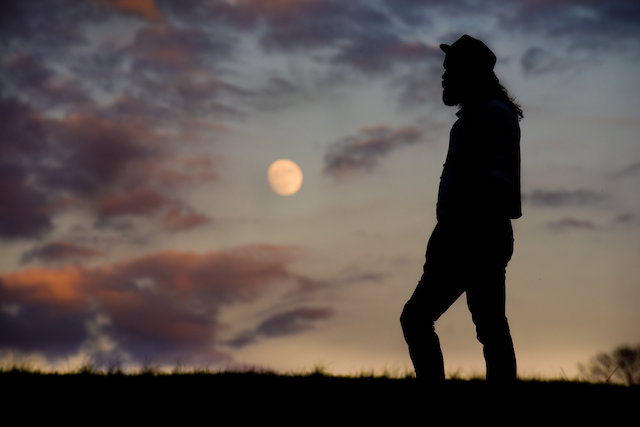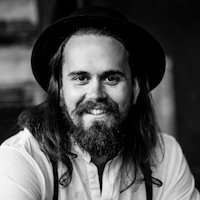
For a long time, I thought spirituality was something that stood outside of daily life.
I thought it was something special and mysterious, and that it required supervision by an expert to genuinely practice.
I had visions of monasteries in the mountains and temples in the jungle and felt a sense of unworthiness when thinking about where I was at in relation to where I thought I should be.
My entire approach to spiritual practice was from a place of lack. I thought I had to get something or improve something or change something about who I was and what I was doing.
When I attempted to meditate, I found myself looking for validation. When I thought to pray, I would ask for gifts. When I would chant or sing, I would hope to be possessed by some external force that would take over the controls and fix my problems. All of my practices seemed to have stipulations attached, and I wasn’t able to keep up with the self-imposed interest.
Maybe it’s a problem for all Westerners, or maybe it’s just me, but it sure took a long time to understand what many spiritual traditions have been saying from the very beginning: there is nothing outside of us and nothing we lack.
Master Hakuin put it this way, “Nirvana is openly shown to our eyes.” What he was saying is that our everyday existence is the spiritual path; we have just forgotten what spiritual looks like. It isn’t about fixing ourselves or pushing away the things that challenge us. It isn’t about uncomfortable postures or complicated rituals.
It’s about reconnecting with our humanity and acting from the heart. It’s about appreciating where we are and recognizing the unique role we all have to play. It’s about sharing our gifts and giving thanks for the ones we receive. It’s about living effortlessly, spontaneously, and skillfully.
It seems that the only way to do this is to stop worrying so much about the results or about what others might think of us. We have to trust ourselves and take responsibility for our actions. We have to focus on the present and let go of the past. We have to turn our daily existence into a sacred performance and practice each step like it might be our last.
The reward for this kind of lifestyle might seem minuscule to the casual drifter. Such discipline and independence might seem like too large a commitment for the kind of lives we live. After all, aren’t we constantly being reminded of how dangerous and cruel the world really is? Isn’t the appreciation of the darker parts of existence some form of blasphemy? What good could possibly come from downplaying the truth about our suffering?
It would be completely understandable for people to be confused by this kind of talk. Due to our conditioning, the idea of seeing our day-to-day lives as sacred is indeed a rather large pill to swallow. I think this is why so many of us have sought guidance from foreign spiritual traditions but can’t seem to accept what they are actually saying.
We want to believe that we are more powerful and more deserving of life than we feel, but the roots of our modern world run incredibly deep. To escape the shame and judgement and self-limiting beliefs that we cling to so dearly, we need to dig way below the surface. We need to go to the core of our being and start asking some hard questions. We need to let go of our thoughts about ourselves and reconnect with how we feel.
This, I believe, is what living a spiritual life is all about. It’s not about trying to be a good person—it’s about being an authentic one. It’s not about going out of your way to show the world how happy and at peace you are—it’s about braving the storms and laying naked in the sun when they pass.
It’s not about recoiling in fear at the thought of doing something wrong—it’s about opening your heart and understanding that everything you do is in some way connected to everyone else. It’s about creativity and courage and gratitude and a willingness to sit still and be present with what is.
~
~
~
Author: David Matters
Image: Author’s Own
Image: Author’s Own

No comments:
Post a Comment